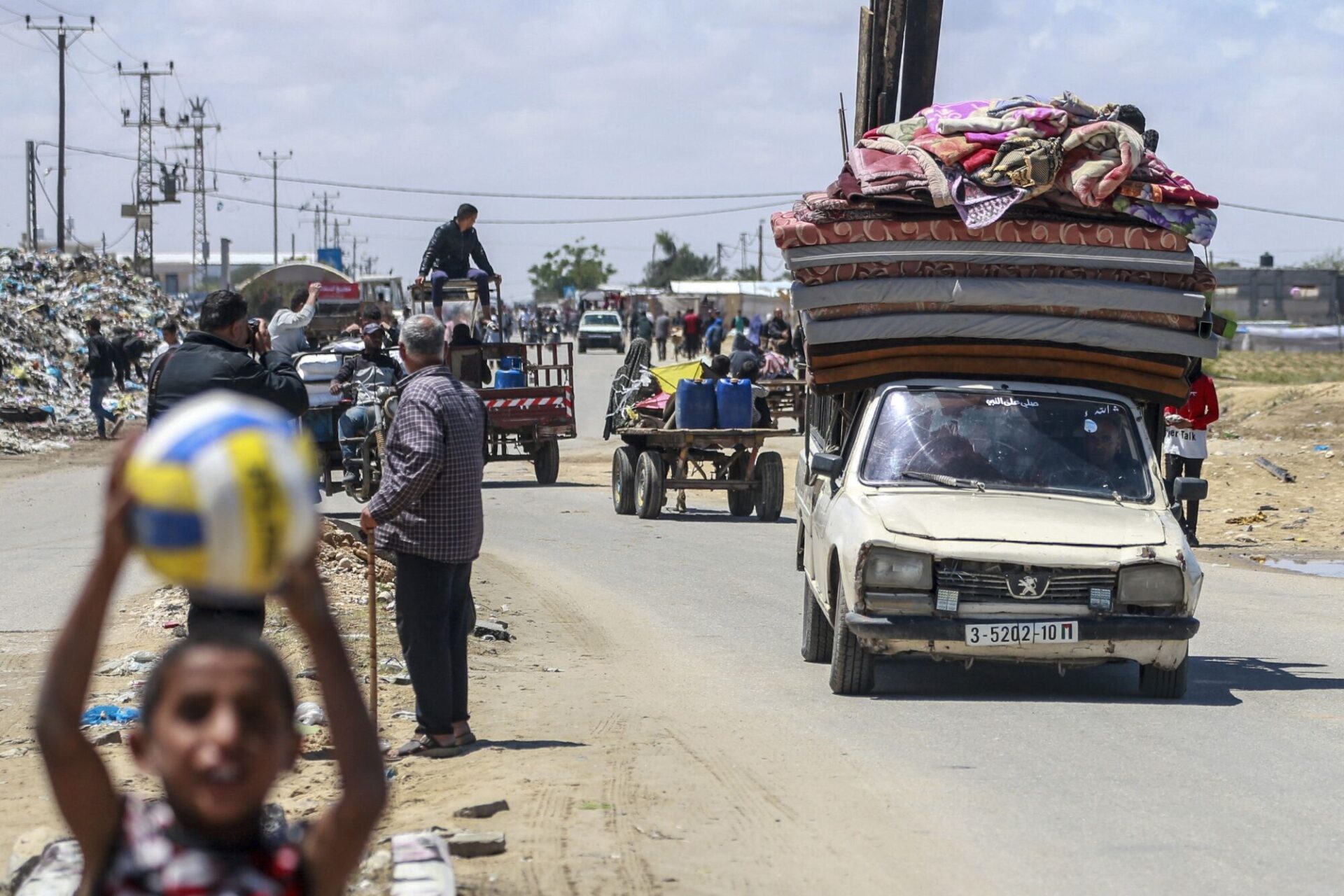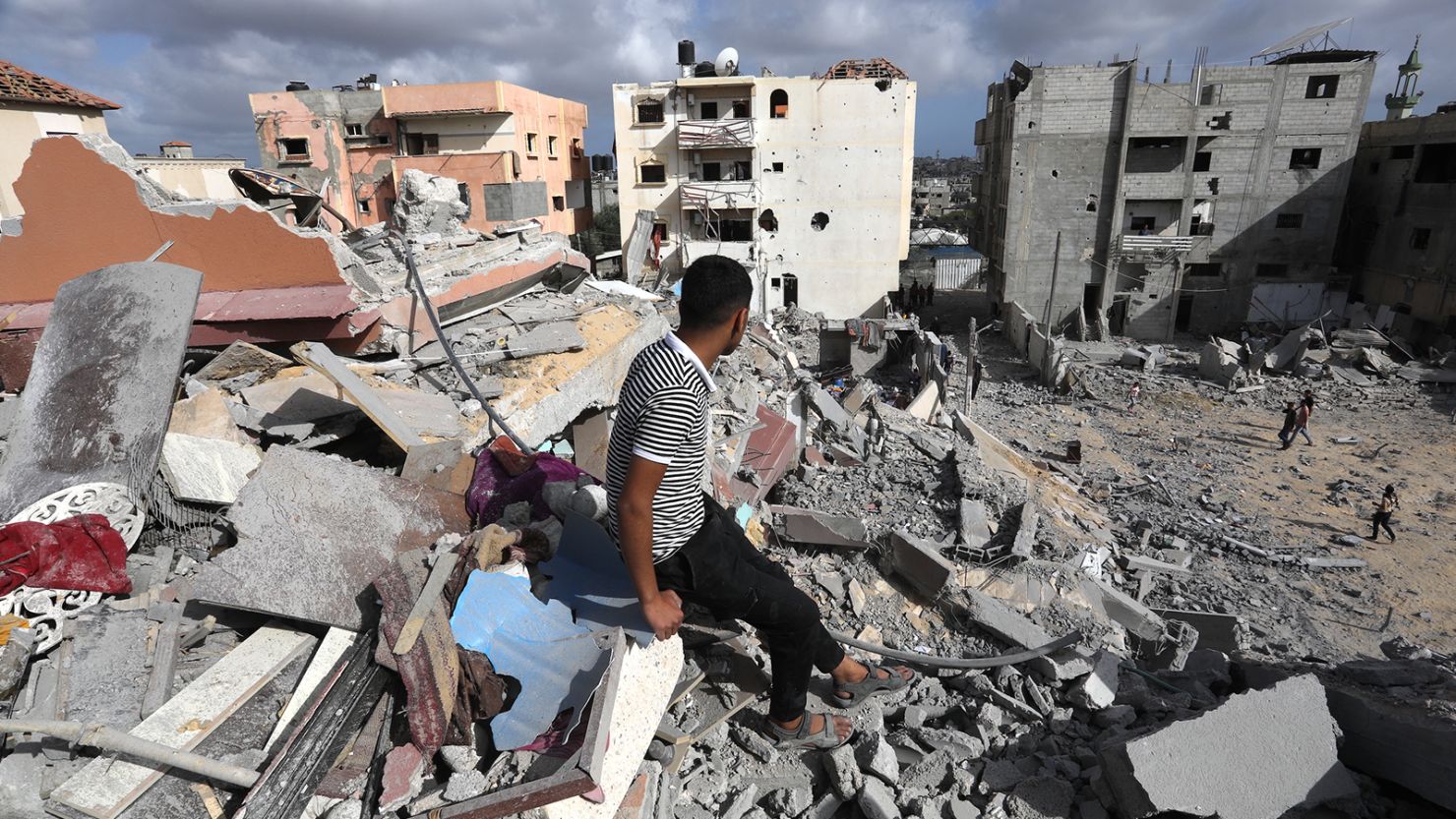As the world gradually emerges from the grip of the pandemic, the travel industry is witnessing a resurgence in demand with British Airways owner IAG SA gearing up for a busy summer season.
Despite lingering challenges, the airline conglomerate remains optimistic about the outlook, citing strong demand for travel within Europe and across the Atlantic.
In a recent stock exchange filing, IAG disclosed an adjusted operating profit of €68 million ($73.3 million) for the three months ending March.
According to Chief Executive Officer Luis Gallego, the group’s core markets, including the North Atlantic, South Atlantic, and intra-Europe routes, have shown robust performance, positioning them well for the upcoming peak travel period.
With vaccination rates increasing and travel restrictions easing in many parts of the world, consumers are eager to resume travel plans, fueling the surge in demand.
However, the road ahead is not without its challenges. While travel within Europe and across the Atlantic remains strong, other regions present a more complex operating environment.
The ongoing conflict in the Middle East has dampened demand for certain destinations, while airspace restrictions resulting from geopolitical tensions, such as the Russian invasion of Ukraine, have disrupted flight routes to East Asia.
Despite these hurdles, IAG remains resilient, banking on the strength of its core markets and the performance of its brands to weather the storm.
The company’s strategic positioning and proactive measures to adapt to changing circumstances have positioned it to capitalize on the rebound in travel demand.
As the summer season approaches, IAG is focused on ensuring operational readiness to meet the surge in passenger numbers.
With travelers eager to reconnect with loved ones, explore new destinations, and embark on long-awaited vacations, the airline group stands ready to facilitate safe and seamless travel experiences.
As vaccination campaigns progress and travel sentiment rebounds, IAG’s proactive approach and strategic investments position it as a key player in the aviation industry’s recovery journey. With optimism on the horizon, the company remains committed to delivering exceptional service and fostering a seamless travel experience for passengers worldwide.



 Naira4 weeks ago
Naira4 weeks ago


 Naira4 weeks ago
Naira4 weeks ago




 Naira4 weeks ago
Naira4 weeks ago




 Naira3 weeks ago
Naira3 weeks ago
 Commodities4 weeks ago
Commodities4 weeks ago


 News3 weeks ago
News3 weeks ago


 Banking Sector4 weeks ago
Banking Sector4 weeks ago
 Travel4 weeks ago
Travel4 weeks ago
















